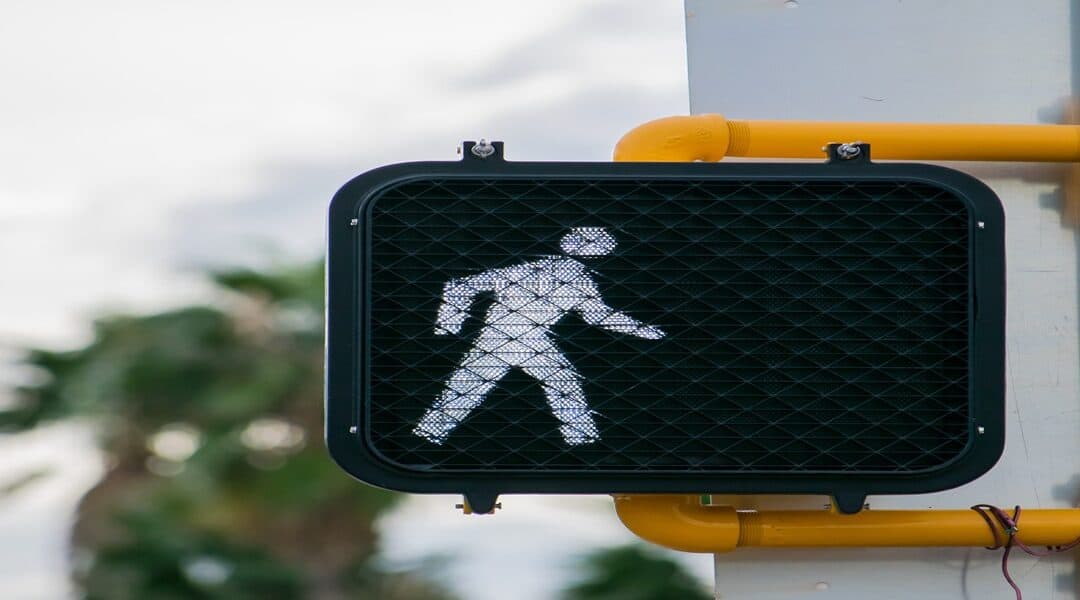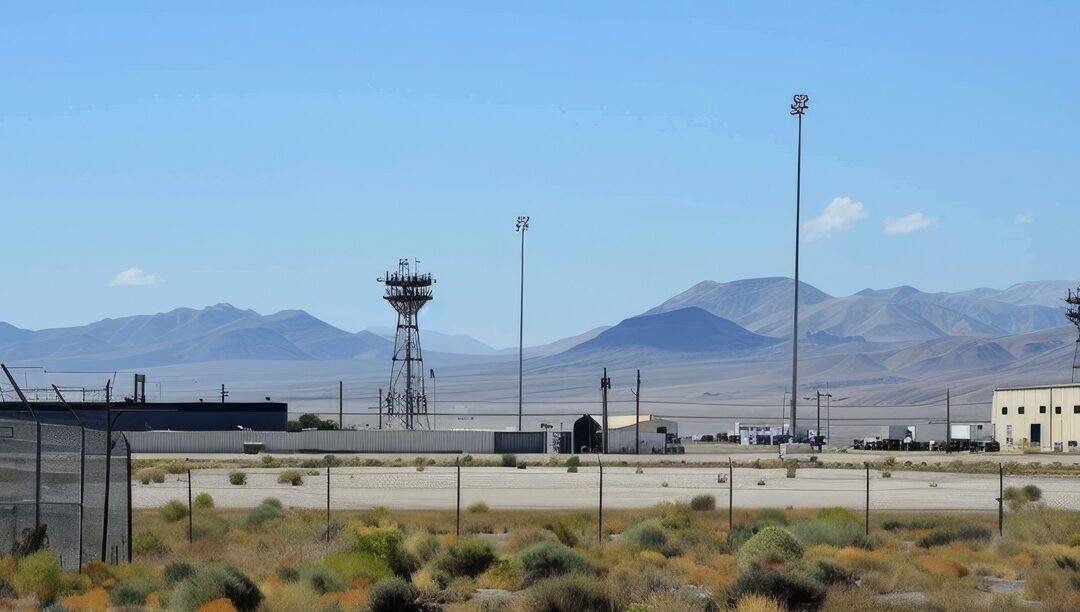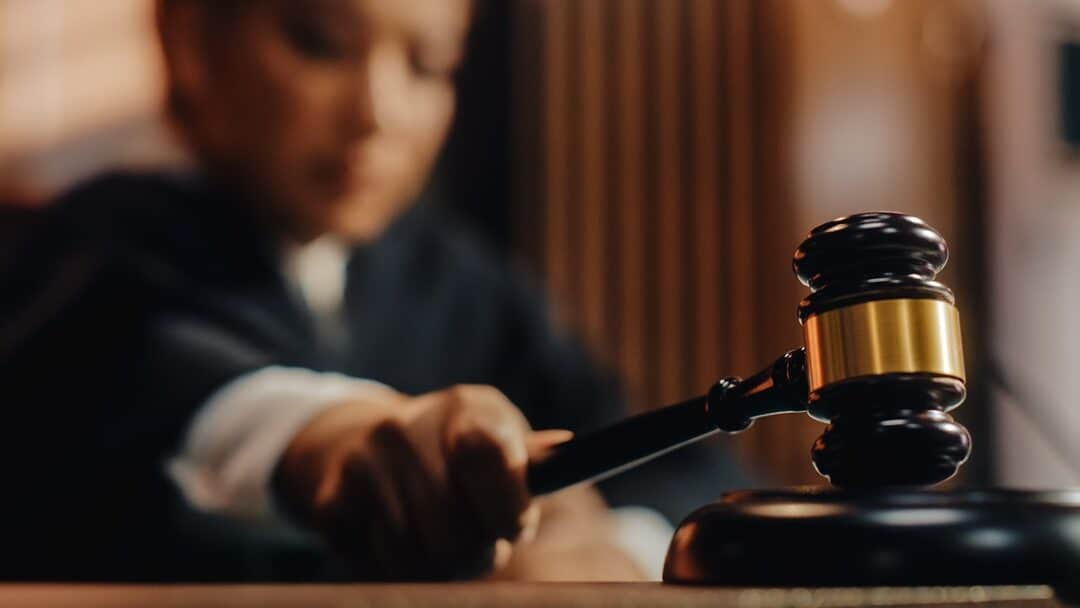
Jan 14, 2025 | Hit and Run, Personal Injury
Accidents happen, even in crosswalks, which are supposed to be designated safe areas for pedestrians. If you’ve been injured after being hit in a crosswalk, knowing the steps to take immediately is crucial for protecting your health and your legal rights. Car accidents involving pedestrians often result in serious injuries, and seeking compensation you deserve requires understanding the legal process with the help of a personal injury attorney.

Nov 12, 2024 | Criminal Defense, DUI, Extreme DUI, Aggravated DUI
Getting a DUI on a military base can be complicated and more severe than a typical DUI case. Many people don’t realize that DUI offenses on military property often fall under federal jurisdiction, meaning they can be prosecuted in federal court or result in military-specific penalties. For service members, a DUI arrest on base can lead to serious military consequences, like demotion, pay reduction, or even a dishonorable discharge, affecting their careers and futures. Civilians arrested for DUI on base may also face federal charges and penalties that go beyond standard state DUI laws

Aug 19, 2024 | Criminal Defense, DUI, Extreme DUI, Aggravated DUI, Juvenile Crimes
DUI and underage drinking at Salt River in Arizona can lead to severe legal consequences, making it important to understand the laws and enforcement practices in this popular recreational area. Arizona’s strict DUI laws include various charges, from Standard DUI to Aggravated DUI, each carrying heavy penalties such as jail time, fines, and license suspension. Law enforcement intensifies patrols and sets up DUI checkpoints around Salt River, particularly during peak seasons, to monitor and prevent alcohol-related offenses.

Jul 30, 2024 | Criminal Defense
The Maricopa County Attorney’s Office has chosen not to prosecute a Gilbert mother and another individual following the death of her 22-month-old child in 2023, which the county medical examiner determined was due to natural causes

Jul 24, 2024 | Criminal Defense
Vandalism in Arizona, defined under A.R.S. § 13-1602, includes actions like graffiti, breaking windows, and damaging signs. The law distinguishes between standard and aggravated criminal damage, with the latter involving higher damage thresholds or targeting specific properties, such as utilities or religious sites. Penalties for vandalism vary based on the severity of the offense, ranging from misdemeanors to felonies. For instance, damage exceeding $10,000 is classified as a Class 4 felony, carrying up to 3.75 years in prison. Other factors, like promoting criminal activity, can also elevate the charges.





